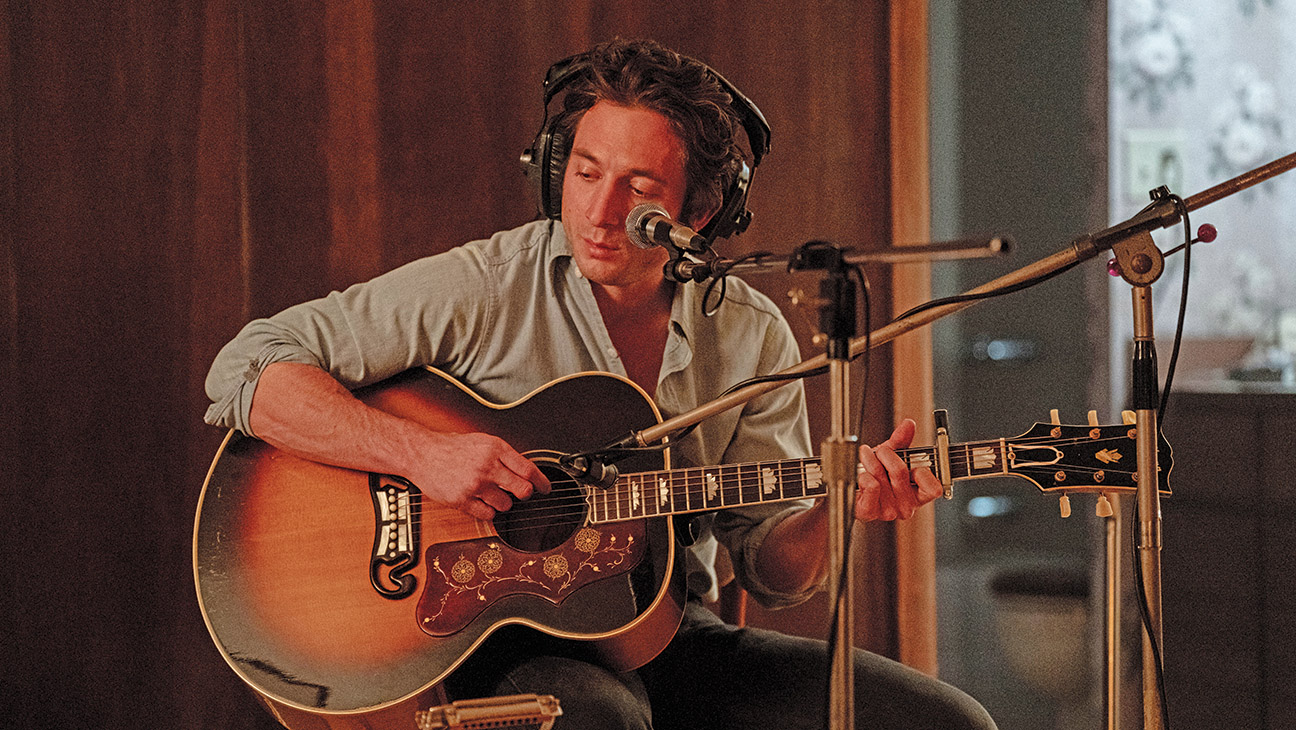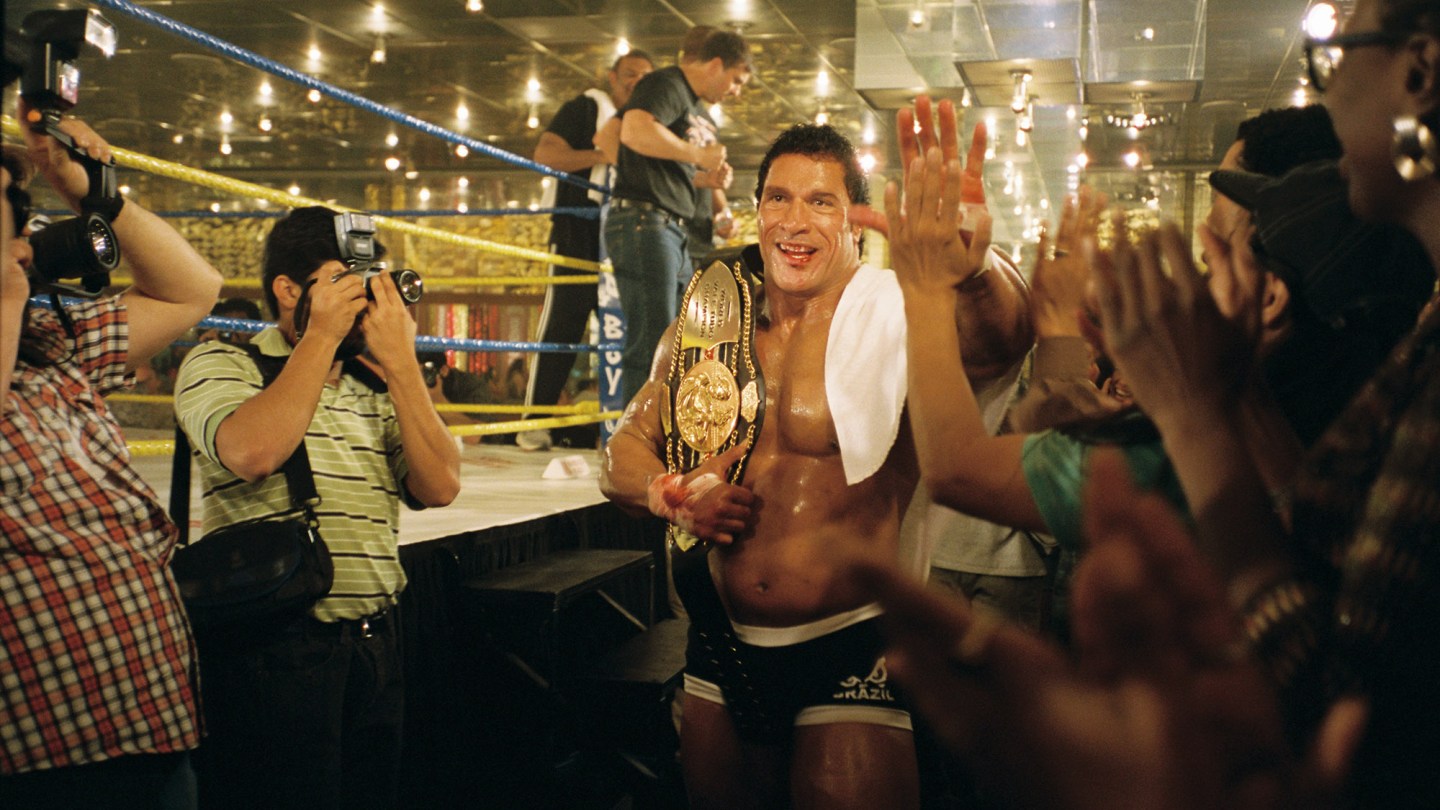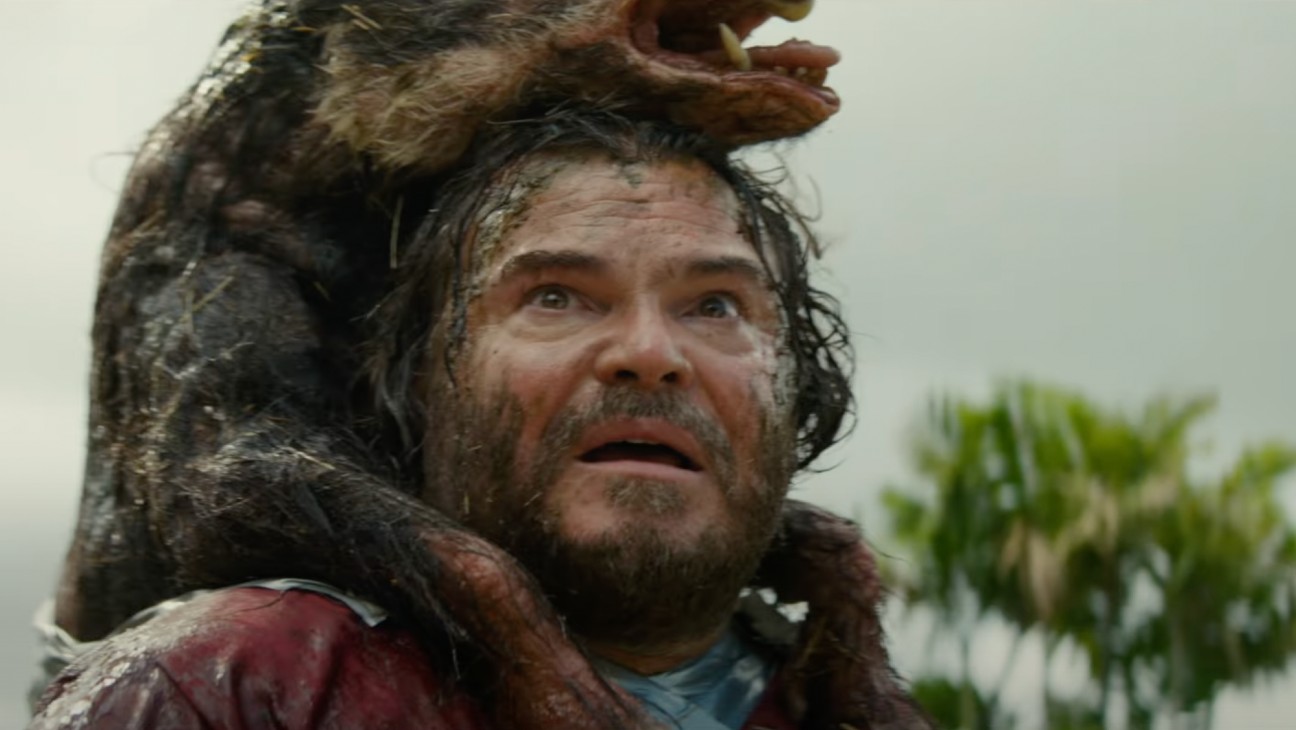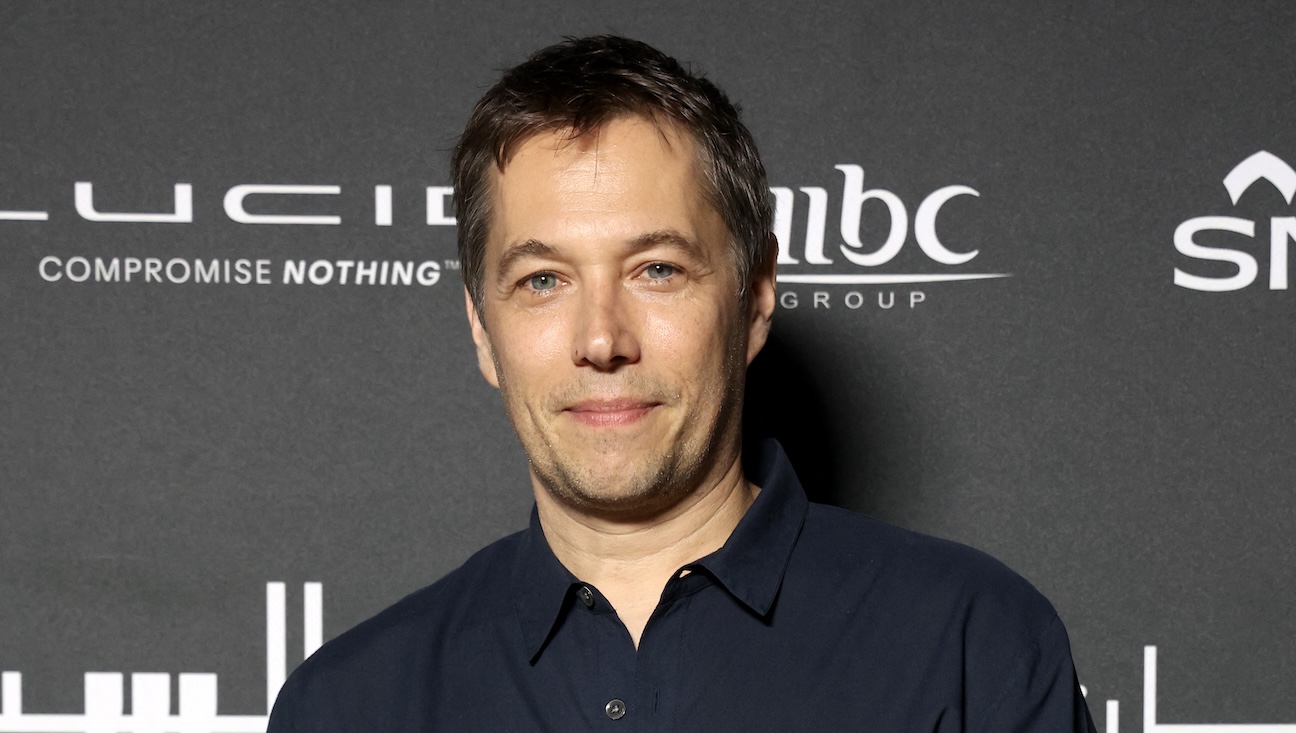After the success of Scott Cooper‘s 2010 debut film, Crazy Heart — the music drama about a faded country singer that landed Jeff Bridges a best actor Oscar — the filmmaker was deluged with offers for music biopics about some real-life legends: Elvis Presley, Miles Davis, Chet Baker, the Grateful Dead, Jeff Buckley. Instead, Cooper veered off in several different directions. He made a crime drama about a steelworker looking for his missing brother (Out of the Furnace), a biopic about mobster Whitey Bulger (Black Mass) and a period piece about Edgar Allan Poe (The Pale Blue Eye). But one idea continued to nag at the corners of his consciousness: a movie about Bruce Springsteen. It wasn’t until he read Warren Zane’s 2023 book about the rock icon’s struggles with depression in 1982 during the writing and recording of his seminal lo-fi masterwork, Nebraska, that inspiration struck. Two years later and with the Boss’ blessing, Springsteen: Deliver Me From Nowhere, starring Jeremy Allen White, opens the 2025 AFI Fest on Oct. 22 before going wide two days later. Cooper talked with THR about capturing the “essence” of Bruce, White’s commitment to the role and the film’s message to Hollywood.
What is your first memory of Springsteen?
My father, who passed away the day before I started shooting and to whom I’ve dedicated the film, introduced me to most of my early musical tastes. He introduced me to Bruce through Nebraska, and I remember hearing it for the first time in our house on vinyl when I was a disillusioned teenager who wasn’t sure about his place in the world.
Jeremy Allen White has spoken about his initial hesitation to take the role given his lack of experience singing and playing guitar. Was that a concern for you?
I knew I had the right actor. Jeremy is incredibly committed, and I’d also seen in him the intensity, vulnerability and humility that I knew from Bruce. And, he has a sense of swagger that you can’t learn in acting school. I did not know, however, that he would go to the lengths he did to embody him — his harmonica playing, his movement. I know that he bears a strong resemblance to Bruce in the ’80s, and Bruce’s wife has confirmed that, but what we were after is the essence.
Was there a specific moment when you realized he had gotten that essence?
We rehearsed with our music producer Dave Cobb in Nashville. We were doing all of the songs on Nebraska and “Born in the USA” and “Hungry Heart,” and that was the first time I knew we were going to be more than fine. Once cameras started rolling and I got to see him play “Born” with [actor-musicians as] an electrified E-Street Band in the very room where the original recording took place, it was spine-tingling.
You also filmed in what really looked like the house that Bruce rented in Colts Neck, New Jersey, while he was writing the album …
The original house had been modified from how Bruce remembered it, so we scouted the entire state of New Jersey for one that had the same feeling, the same architecture, was just as close to a lake. When Bruce walked into the house our production designer Stefania Cella found, he just shook his head and said, “This is it.” We also searched everywhere for a Camaro that was the same make and model and color as the one he had in the ’80s, and they found it somewhere in the Midwest. I think he’s planning to buy that car now.
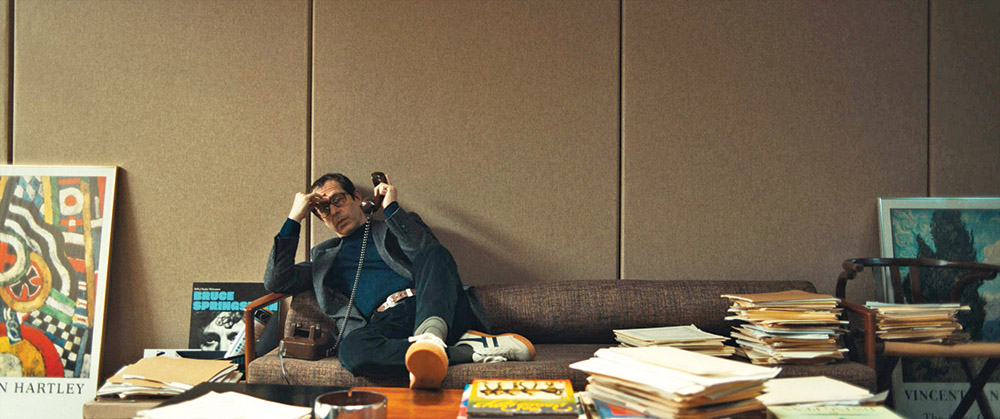
The film’s postscript points out that, despite the label’s extreme skepticism, Nebraska went on to become wildly successful. What point were you hoping to make there?
I wanted to convey the difficulty, for any artist, including myself, of balancing the creative risks we take with the commercial considerations. I think the story of Nebraska shows you the importance of having the artistic courage to listen to your intuition. This movie comes out in two weeks, and it’s my fervent hope that people connect to that.
It would be easy to read into that even further, that you’re putting out a message to Hollywood decision-makers to focus more on the art and less on the numbers when they’re making those decisions.
Yes, I hope so. And I hope people support that.
This story appeared in the Oct. 22 issue of The Hollywood Reporter magazine. Click here to subscribe.

